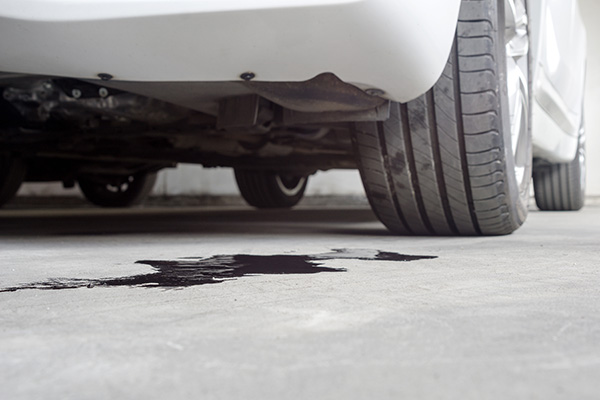
Oil leaks can be a headache for car owners, leading to bigger problems if left untreated. Whether you’ve noticed a few drops of oil under your car or are concerned about your oil level dropping too quickly, it’s important to understand the root causes of oil leaks. Not only can oil leaks harm your engine’s performance, but they can also make your vehicle unsafe to drive in the long term. So, what are the most common causes of oil leaks in cars?
1. Worn Out Gaskets and Seals
The gaskets and seals in your engine are designed to keep oil contained and flowing to the necessary parts of the engine. Over time, these gaskets and seals can wear out due to heat, pressure, and the natural breakdown of materials.
One of the most common culprits is the valve cover gasket. The valve cover sits at the top of the engine and is responsible for sealing the oil within. If this gasket deteriorates or breaks down, oil can leak from the engine and drip onto other components. Another likely suspect is the oil pan gasket, which seals the oil pan at the bottom of your engine. Damage or wear to this gasket will cause oil to seep out, leading to noticeable leaks under your car.
In addition to gaskets, seals around the crankshaft and camshaft can also degrade, resulting in oil leaks. If you notice a slow drip from the front or rear of the engine, it’s possible that one of these seals is failing.
2. Damaged Oil Pan
Your car’s oil pan sits at the bottom of the engine, making it vulnerable to damage from road debris, potholes, or rough driving conditions. If the oil pan gets cracked or dented, it can cause oil to leak out. This type of damage is more common if you frequently drive on rough or unpaved roads, where rocks or debris can strike your vehicle's undercarriage.
In some cases, the oil pan drain plug can also be a source of leaks. If the plug isn’t tightened properly after an oil change, or if it becomes damaged or stripped, the oil will seep out from around the plug, creating a leak. Checking the plug for damage during routine oil changes is a good idea.
3. Faulty Oil Filter
The oil filter plays a crucial role in keeping contaminants out of your car’s engine oil. However, if the filter is not installed properly or becomes damaged, it can lead to oil leaks. This usually happens when the filter is either overtightened or not secured enough during an oil change, allowing oil to escape. Additionally, using a cheap or low-quality oil filter can cause the same problem, as the filter might not form a tight seal.
It’s important to always use the correct type of oil filter for your vehicle and to ensure it’s properly installed. A quick check after each oil change can help prevent unnecessary leaks.
4. Overfilled Oil Reservoir
While it might seem counterintuitive, too much oil in the engine can lead to leaks. Overfilling the oil reservoir creates excess pressure within the engine, which forces oil to escape from seals and gaskets. This excess oil can leak out and, if not addressed, can cause significant damage to your engine over time. If you’ve recently topped off your oil or had an oil change, double-check the dipstick to ensure that the oil level is within the recommended range.
To prevent overfilling, always follow the manufacturer’s guidelines on how much oil your engine requires, and be cautious when adding more oil. It’s better to stay within the recommended levels than risk causing a leak.
5. Excessive Wear and Tear
Like most things in life, engine components are subject to wear and tear over time. As your car ages, various parts like the timing cover, rear main seal, or even the oil pump can start to break down, leading to oil leaks. This kind of wear is common in older vehicles that have racked up a significant number of miles.
While regular maintenance can help delay this kind of wear, no car part lasts forever. Keeping an eye on your oil level and inspecting your vehicle for leaks can help catch these issues before they cause more severe damage to your engine.
Have you noticed oil spots under your car? Don’t wait until it’s too late! At Auto Rescue, we can help diagnose and fix oil leaks before they cause bigger problems. Call us today to book an inspection!